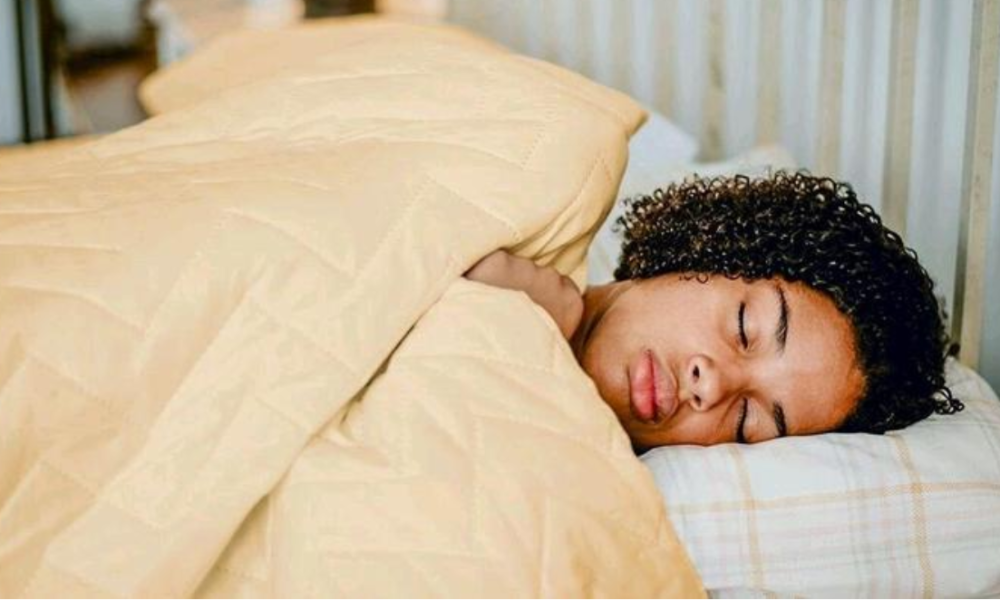The idea that women need more sleep than men is supported by scientific research and is rooted in differences in physiological, psychological, and hormonal factors. Here are several reasons why women typically require more sleep than men:…Click Here To Continue Reading>>
1. **Hormonal Fluctuations**: Women’s sleep patterns can be influenced by hormonal fluctuations throughout the menstrual cycle, pregnancy, and menopause….Read Full Story…>>>
Hormones such as estrogen and progesterone can affect sleep quality, with women often experiencing more sleep disturbances during certain phases of their menstrual cycle.
2. **Brain Activity and Processing**: Studies have shown that women tend to engage in more complex mental tasks and multitasking activities than men, which can lead to increased brain activity during the day. As a result, women may require more sleep to allow the brain to process and consolidate information effectively.
3. **Emotional and Mental Health**: Women are more likely than men to experience conditions such as anxiety, depression, and insomnia, which can negatively impact sleep quality and quantity. Adequate sleep is essential for emotional regulation, mood stability, and overall mental well-being, making it especially important for women to prioritize sleep.…Click Here To Continue Reading>>
4. **Physical Recovery and Repair**: Sleep plays a critical role in physical recovery and repair processes, including muscle repair, immune function, and tissue regeneration. Women’s bodies undergo unique physiological changes during pregnancy, childbirth, and breastfeeding, which can increase the need for restorative sleep to support these processes.
5. **Chronic Fatigue and Energy Levels**: Women often juggle multiple roles and responsibilities, including caregiving, household duties, and professional work, which can contribute to chronic fatigue and depleted energy levels. Getting sufficient sleep is essential for replenishing energy reserves and preventing burnout.
6. **Pain Sensitivity**: Research suggests that women may have a lower pain threshold and be more sensitive to pain than men, which can interfere with sleep quality and duration. Chronic pain conditions, such as fibromyalgia or migraines, can disrupt sleep patterns and contribute to sleep disturbances in women.
7. **Longevity and Aging**: Some studies have suggested that women may outlive men on average, and maintaining good sleep habits throughout life may contribute to overall health and longevity. Adequate sleep is associated with a lower risk of chronic diseases, including cardiovascular disease, diabetes, and obesity, which can affect women’s health as they age.
While these factors contribute to the general trend of women needing more sleep than men, individual sleep needs can vary based on factors such as age, genetics, lifestyle, and overall health. Regardless of gender, prioritizing good sleep hygiene and addressing any underlying sleep issues are essential for maintaining optimal health and well-being.
…Click Here To Continue Reading>> …Click Here To Continue Reading>> …Click Here To Continue Reading>> …Click Here To Continue Reading>>







